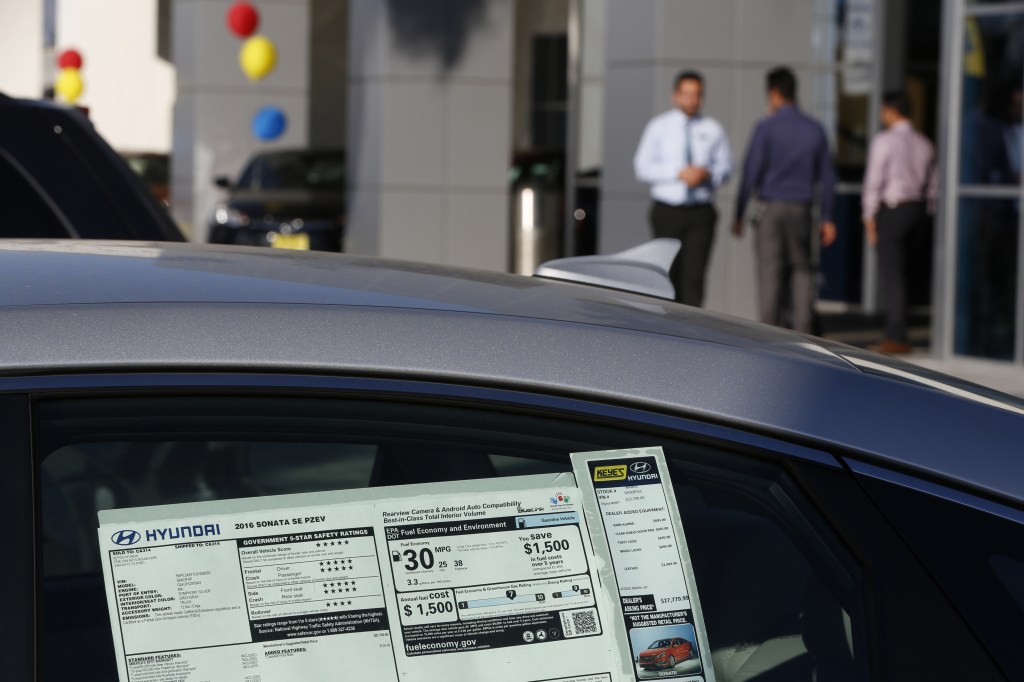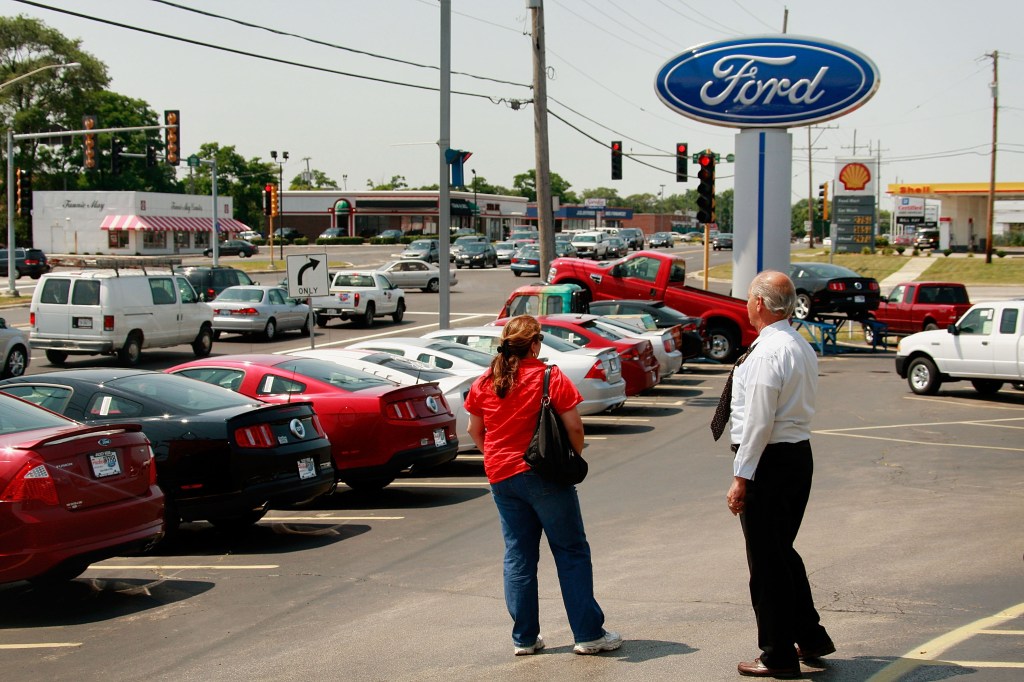
Destination Charges Class-Action Lawsuit GM and Stellantis Want to Avoid
It has finally happened. Class-action lawsuits against GM and Stellantis have been filed over destination charges. Destination charges are the charge on most new vehicles that few dealerships are able to explain. Rather than being baked into the overall price of a vehicle like installing the tires or having oil in the engine, this is a charge for supposedly delivering the vehicle to the dealership.
The lawsuit filed today alleges that GM makes a profit on destination charges

And it can vary wildly from dealer to dealer. The destination charge lawsuit filed today alleges that GM is making a profit on these destination fees according to CarComplaints. It states that GM shouldn’t make a profit over vehicle deliveries to California and New Jersey.
The class-action lawsuit includes both California and New Jersey buyers that paid the destination charges. California plaintiff Robert Romoff was charged a $1,195 destination charge for his 2021 Chevy Equinox. New Jersey plaintiff Joe Siciliano purchased a new 2019 Cadillac Escalade with a $995 destination charge.
Are customers being misled by deceptive charges forced by GM dealerships?

Neither says they knew that GM profited on the charges. They allege being misled by the deceptive charges forced by GM dealerships to be paid for delivering vehicles. Though each of the divisions within GM has different delivery charges it is alleged in the lawsuit that these fees can be as high as $1,695.
The lawsuit says a “destination fee is generally understood in the automotive industry to reflect the manufacturer’s average cost of delivering one of its vehicles to a dealership. That destination fee is charged to the dealer and passed on to the purchaser or lessee of that vehicle. Consumers similarly have the expectation that they are covering an automotive manufacturer’s cost for the delivery of the manufacturer’s vehicles when paying the ‘destination fee’ as part of their new-vehicle lease or purchase.”
It’s alleged that GM makes “a significant amount of profit” from these charges

A buyer can’t negotiate the destination charges. They must pay whatever the charge is before taking delivery of their vehicle. The lawsuit alleges that GM makes “a significant amount of profit” from these fees.
Plaintiffs allege the charge does not reflect the true cost of delivering the vehicle. Instead, it is able to keep “hidden markups” on every vehicle it sells. The charges “deceives customers into paying far more than the actual cost of vehicle delivery.” They also allege that they overpaid for their vehicles because of the destination charge profit GM charges.
The law firms of Kaliel Gold PLLC, and Kopelowitz Ostrow Ferguson Weiselberg Gilbert, are bringing the lawsuit for the plaintiffs. These are the same firms that filed a similar destination charge lawsuit against Stellantis last month. Will Ford be next?



